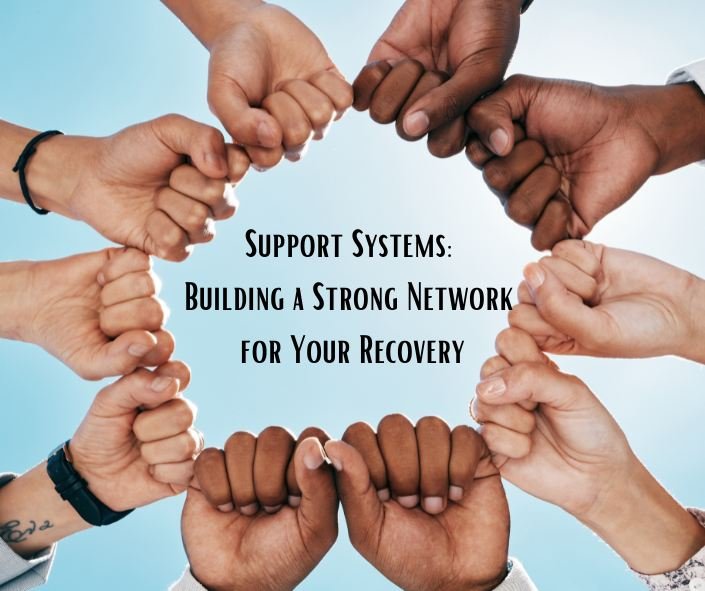In our digital age, social media has become an integral part of our lives, influencing how we communicate, share experiences, and perceive the world. However, the pervasive use of social media has also led to unintended consequences, including its impact on substance abuse. In this blog, we’ll explore how social media affects substance abuse and highlight the crucial role rehabilitation center in Mumbai play in addressing this issue.
Social Media’s Influence on Substance Abuse:
a) Triggering Content:
Social media often contains triggering content related to substance abuse. Posts, images, or videos showcasing substance use can act as triggers for individuals struggling with addiction, potentially intensifying their cravings.
b) Peer Pressure and Online Communities:
Social media creates virtual communities where individuals can easily connect with others who share similar interests, including substance abuse. Online peer pressure and the normalization of substance use within these communities can encourage and perpetuate addictive behaviors.
c) Influencer Culture:
Influencers often glamorize substance use, presenting it as part of a desirable lifestyle. Their content may inadvertently or intentionally promote substance abuse, especially to a vulnerable audience.
Psychological Impact:
a) FOMO (Fear of Missing Out):
Social media can induce FOMO, causing individuals to engage in risky behaviors like substance use to feel included or accepted within their online communities.
b) Anxiety and Depression:
Excessive use of social media can lead to anxiety and depression, and individuals might turn to substance abuse as a way to cope with these mental health challenges.
Accessibility and Availability:
a) Online Marketplaces:
Social media provides a platform for illegal online marketplaces where individuals can purchase drugs or access information on obtaining substances.
b) Advertising and Promotions:
Advertisements promoting alcohol or drugs often appear on social media platforms, making these substances more accessible and enticing to users.
Addressing the Issue:
a) Educational Campaigns:
Rehabilitation centers in Mumbai can collaborate with social media platforms to run educational campaigns, raising awareness about the risks of substance abuse and providing information on seeking help.
b) Safe Use Guidelines:
Rehabilitation centers can work with social media companies to establish guidelines for responsible content creation, ensuring that influencers and users do not promote or glamorize substance abuse.
c) Crisis Helplines:
Social media platforms can integrate crisis helplines or direct links to rehabilitation centers in Mumbai for individuals seeking immediate assistance for substance abuse issues.
Building a Supportive Online Community:
a) Online Support Groups:
Rehabilitation centers in Mumbai can establish virtual support groups on social media, providing a safe space for individuals in recovery to share their experiences and seek guidance.
b) Positive Influencers:
Collaborating with positive influencers who advocate for recovery and a substance-free lifestyle can counterbalance the negative influence of pro-substance use influencers.
Promoting Digital Well-being:
a) Digital Detox:
Encouraging periodic digital detox and limiting social media usage can help reduce exposure to triggering content related to substance abuse.
b) Mindfulness and Self-care:
Rehabilitation centers can promote mindfulness and self-care practices to help individuals develop a healthier relationship with social media and prioritize their mental and emotional well-being.
Understanding the influence of social media on substance abuse is critical for developing effective strategies to mitigate its impact. Rehab center in Mumbai can play a vital role in partnering with social media platforms, educating users, creating supportive online communities, and promoting digital well-being to ensure a healthier and safer digital environment for individuals struggling with addiction. By fostering a collaborative effort, we can navigate the complexities of social media and its impact on substance abuse, ultimately leading to better outcomes for those on the path to recovery.


